Retatrutide – 10mg
$80.00
Retatrutide
Retatrutide is an investigational single molecule that activates the body’s receptors for three hormones – glucagon, glucose-dependent insulinotropic polypeptide (GIP), and glucagon-like peptide-1 (GLP-1), and is being studied for the treatment of obesity. Retatrutide is an acylated peptide suitable for weekly injection.
Retatrutide is a novel investigational medication that is being explored for the treatment of obesity and other metabolic conditions. It is a synthetic peptide designed as a dual agonist that targets the GLP-1 (glucagon-like peptide-1) and GIP (gastric inhibitory polypeptide) receptors, which are involved in appetite regulation and glucose metabolism.
By activating these receptors, retatrutide aims to promote weight loss by enhancing feelings of satiety, regulating blood sugar levels, and improving insulin sensitivity. Preliminary clinical trials have shown promising results in reducing body weight and improving metabolic health in individuals with obesity.
As of my last update in October 2023, retatrutide is still under investigation, and ongoing studies are aimed at determining its long-term safety and effectiveness. Always refer to current medical literature and clinical trial registries for the latest information on this drug.
Background: Retatrutide (LY3437943) is an agonist of the glucose-dependent insulinotropic polypeptide, glucagon-like peptide 1, and glucagon receptors. Its dose-response relationships with respect to side effects, safety, and efficacy for the treatment of obesity are not known.
Methods: We conducted a phase 2, double-blind, randomized, placebo-controlled trial involving adults who had a body-mass index (BMI, the weight in kilograms divided by the square of the height in meters) of 30 or higher or who had a BMI of 27 to less than 30 plus at least one weight-related condition. Participants were randomly assigned in a 2:1:1:1:1:2:2 ratio to receive subcutaneous retatrutide (1 mg, 4 mg [initial dose, 2 mg], 4 mg [initial dose, 4 mg], 8 mg [initial dose, 2 mg], 8 mg [initial dose, 4 mg], or 12 mg [initial dose, 2 mg]) or placebo once weekly for 48 weeks. The primary end point was the percentage change in body weight from baseline to 24 weeks. Secondary end points included the percentage change in body weight from baseline to 48 weeks and a weight reduction of 5% or more, 10% or more, or 15% or more. Safety was also assessed.
Results: We enrolled 338 adults, 51.8% of whom were men. The least-squares mean percentage change in body weight at 24 weeks in the retatrutide groups was -7.2% in the 1-mg group, -12.9% in the combined 4-mg group, -17.3% in the combined 8-mg group, and -17.5% in the 12-mg group, as compared with -1.6% in the placebo group. At 48 weeks, the least-squares mean percentage change in the retatrutide groups was -8.7% in the 1-mg group, -17.1% in the combined 4-mg group, -22.8% in the combined 8-mg group, and -24.2% in the 12-mg group, as compared with -2.1% in the placebo group. At 48 weeks, a weight reduction of 5% or more, 10% or more, and 15% or more had occurred in 92%, 75%, and 60%, respectively, of the participants who received 4 mg of retatrutide; 100%, 91%, and 75% of those who received 8 mg; 100%, 93%, and 83% of those who received 12 mg; and 27%, 9%, and 2% of those who received placebo. The most common adverse events in the retatrutide groups were gastrointestinal; these events were dose-related, were mostly mild to moderate in severity, and were partially mitigated with a lower starting dose (2 mg vs. 4 mg). Dose-dependent increases in heart rate peaked at 24 weeks and declined thereafter.
Retatrutide – 10mg
Retatrutide is a Triple–Hormone-Receptor Agonist.
Retatrutide is an investigational single molecule that activates the body’s receptors for three hormones – glucagon, glucose-dependent insulinotropic polypeptide (GIP), and glucagon-like peptide-1 (GLP-1), and is being studied for the treatment of obesity. Retatrutide is an acylated peptide suitable for weekly injection.
Benefit
- Aids in Weight Reduction
- Improves Blood Sugar Levels
- Improves Blood Pressure
Dosage
The initial dose of bi is 0.5 mg, which is injected subcutaneously once weekly. The dose of the drug can be increased to 1 mg, 2 mg, or 4 mg after 4 weeks, depending on the patient’s response. The maximum dose is 12 mg per week.
The initial dose of retatrutide is important because it helps to minimize the risk of side effects. If the patient tolerates the initial dose well, the dose can be increased gradually. However, if the patient experiences any serious side effects, the dose of the drug should be reduced or discontinued.


MAECENAS IACULIS
Vestibulum curae torquent diam diam commodo parturient penatibus nunc dui adipiscing convallis bulum parturient suspendisse parturient a.Parturient in parturient scelerisque nibh lectus quam a natoque adipiscing a vestibulum hendrerit et pharetra fames nunc natoque dui.
ADIPISCING CONVALLIS BULUM
- Vestibulum penatibus nunc dui adipiscing convallis bulum parturient suspendisse.
- Abitur parturient praesent lectus quam a natoque adipiscing a vestibulum hendre.
- Diam parturient dictumst parturient scelerisque nibh lectus.
Scelerisque adipiscing bibendum sem vestibulum et in a a a purus lectus faucibus lobortis tincidunt purus lectus nisl class eros.Condimentum a et ullamcorper dictumst mus et tristique elementum nam inceptos hac parturient scelerisque vestibulum amet elit ut volutpat.



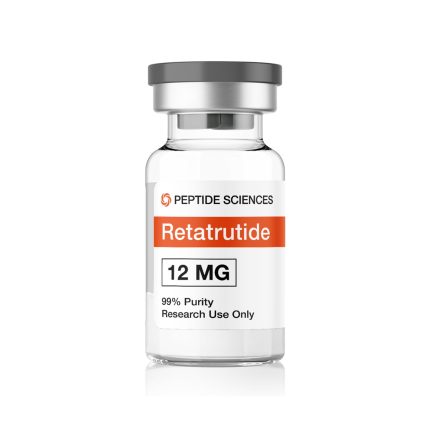


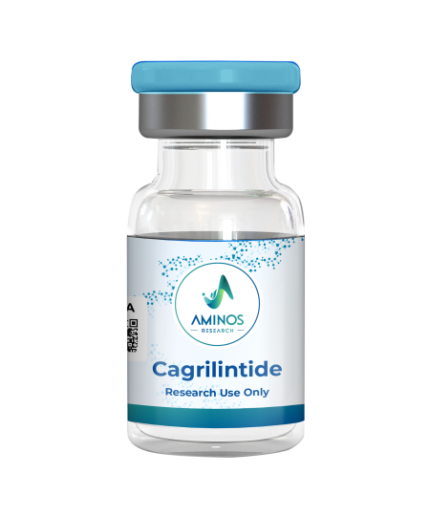

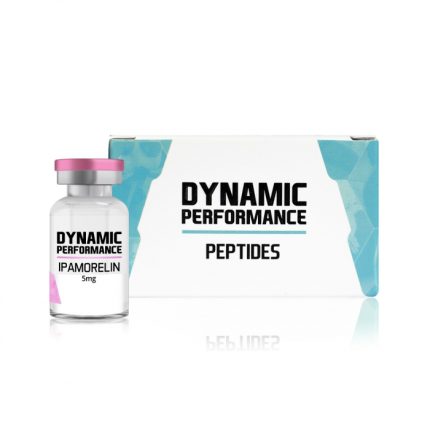

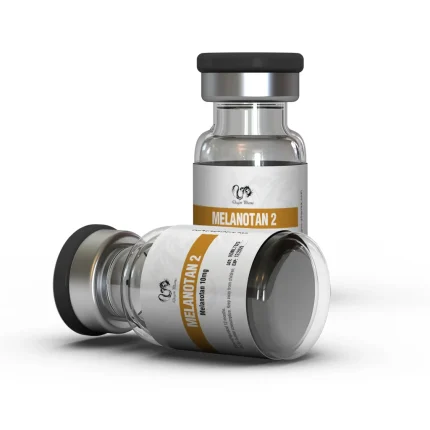
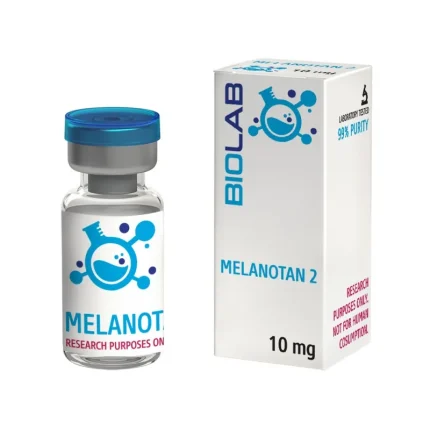









Reviews
There are no reviews yet.